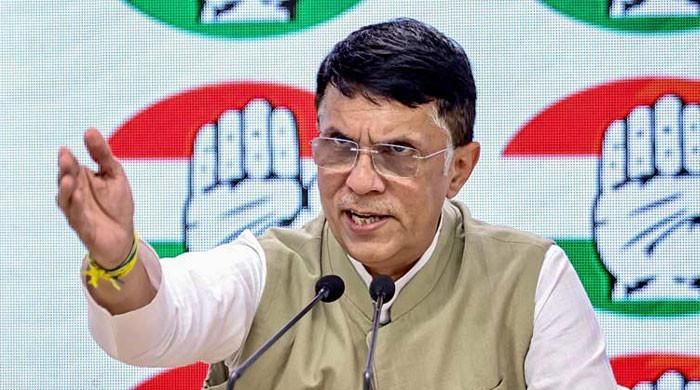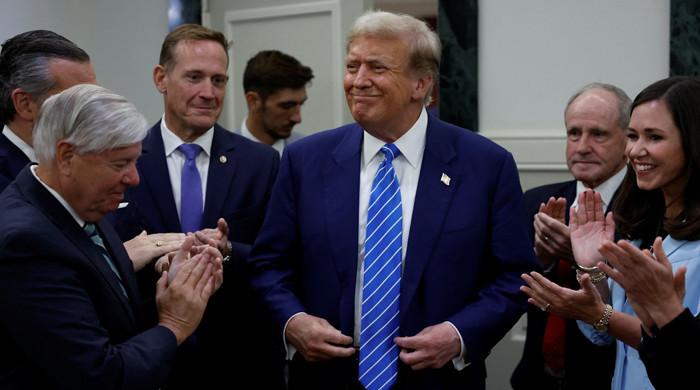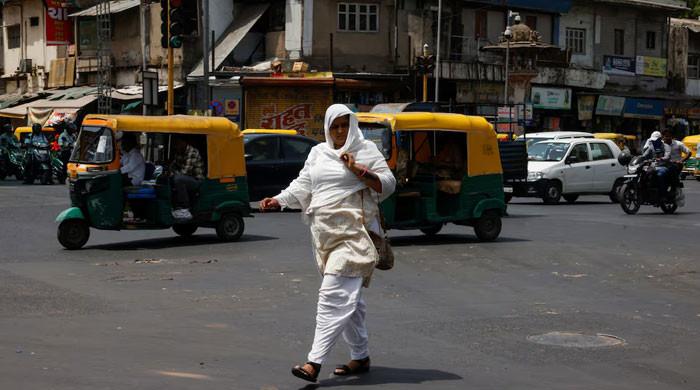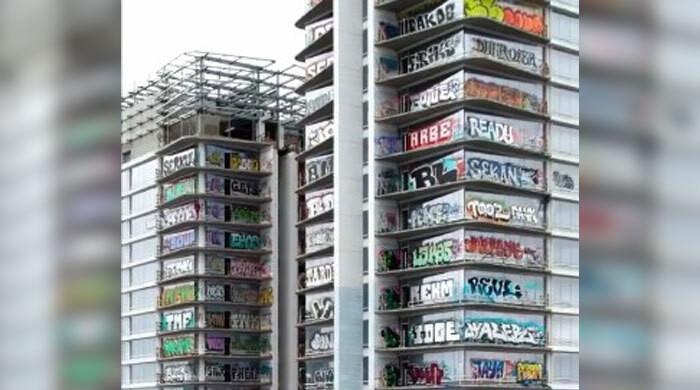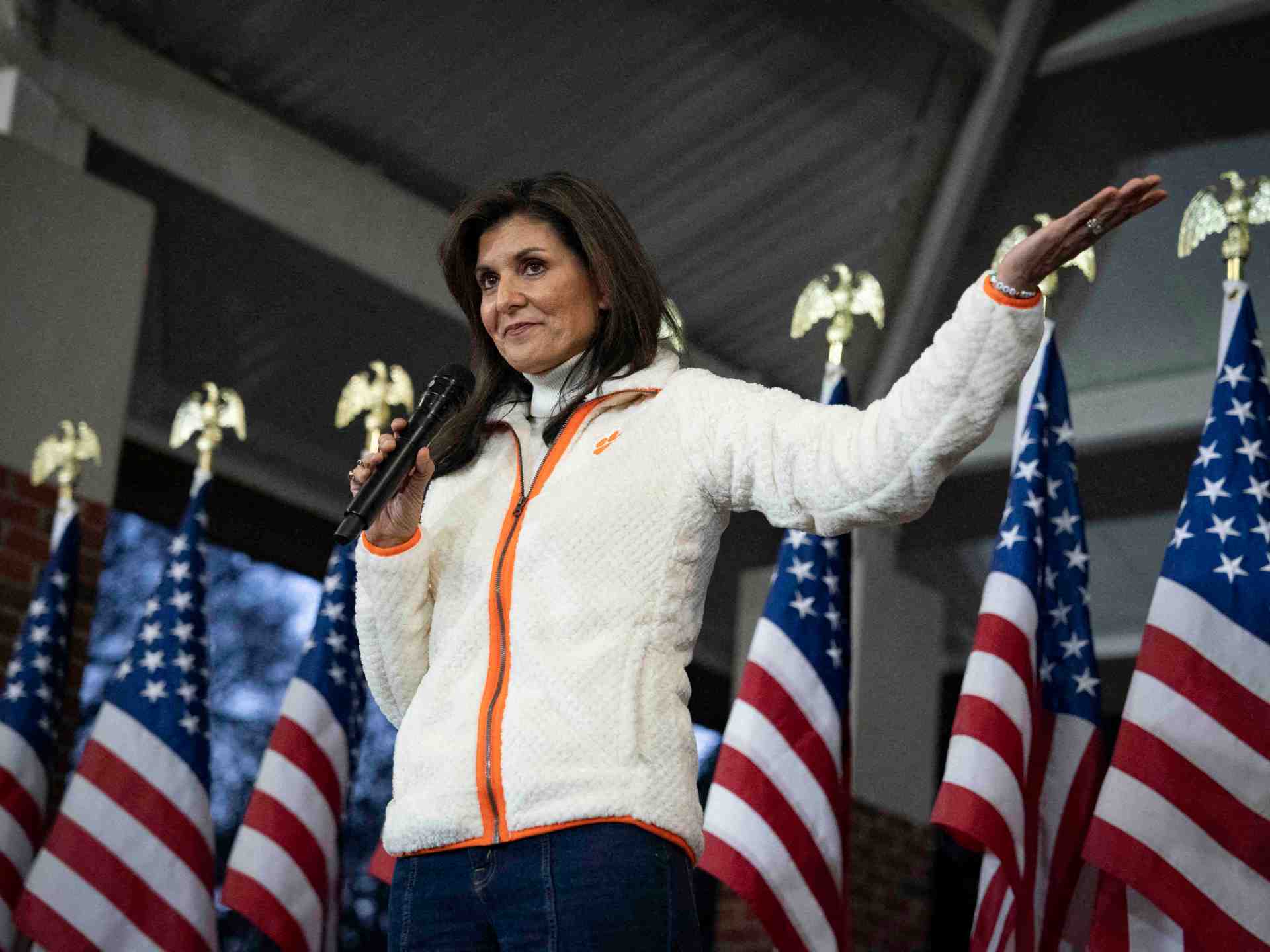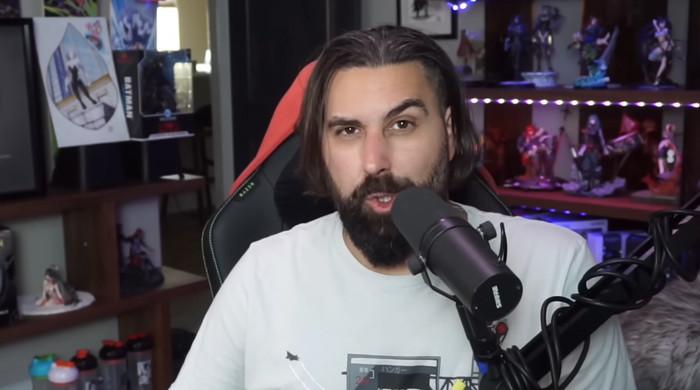- Congress spokesperson criticises BJP government for abolishing Article 370.
- Accuses Modi of tyrannical policy in occupied Kashmir.
- Pawan Khera says alliance will restore IIOJK's rights.
A day before local elections in Indian Illegally Occupied Jammu and Kashmir (IIOJK), India's main opposition party, the Congress, has pledged to restore statehood to the disputed territory, Indian media reported.
Three-phased elections begin in the occupied Muslim-majority region from tomorrow (Wednesday), the first elections to the IIOJK regional assembly in a decade, and the first since New Delhi abrogated the disputed region's semi-autonomous status and imposed direct rule in 2019, with 8.7 million voters eligible.
Around 500,000 Indian troops have been deployed in IIOJK for decades. The region has been the scene of an endless series of bans on Kashmiri parties, curfews, crackdowns and killings of civilians and freedom fighters fighting for their right to self-determination under UN resolutions.
In a tirade against the Narendra Modi-led Bharatiya Janata Party (BJP) government for abolishing Article 370, which granted special status to the disputed region, Congress spokesperson Pawan Khera said occupied Kashmir's rights have been stripped away, its statehood revoked and it has been reduced to a Union Territory.
He promised that the Congress, which is contesting the elections in alliance with the National Conference (NC), would restore the rights of occupied Jammu and Kashmir.
Khera accused Modi of pursuing tyrannical policies in occupied Kashmir following the abrogation of Article 370.
Meanwhile, backing Modi's obstinacy and fascism on the Kashmir issue, Union Minister Amit Shah said that Article 370 is now a part of history and cannot be restored.
The special semi-autonomous status of the IIOJK—the power enshrined in the constitution to control its affairs—meant that only those descended from the territory's residents in 1934 could vote and own property.
That changed in 2019, when the Modi government scrapped those rules and imposed direct rule from New Delhi. The move was an attempt to dilute the demographics of Muslim-majority Kashmir with Hindu settlers.
Subsequently, a series of petitions challenged the abrogation of Article 370 of the Constitution in November last year and a five-judge bench headed by Chief Justice of India (CJI) Dhananjaya Yeshwant Chandrachud heard the matter.
Later in December 2023, the Supreme Court of India ruled that Article 370 was a temporary provision and that the occupied territory was an integral part of the country.

